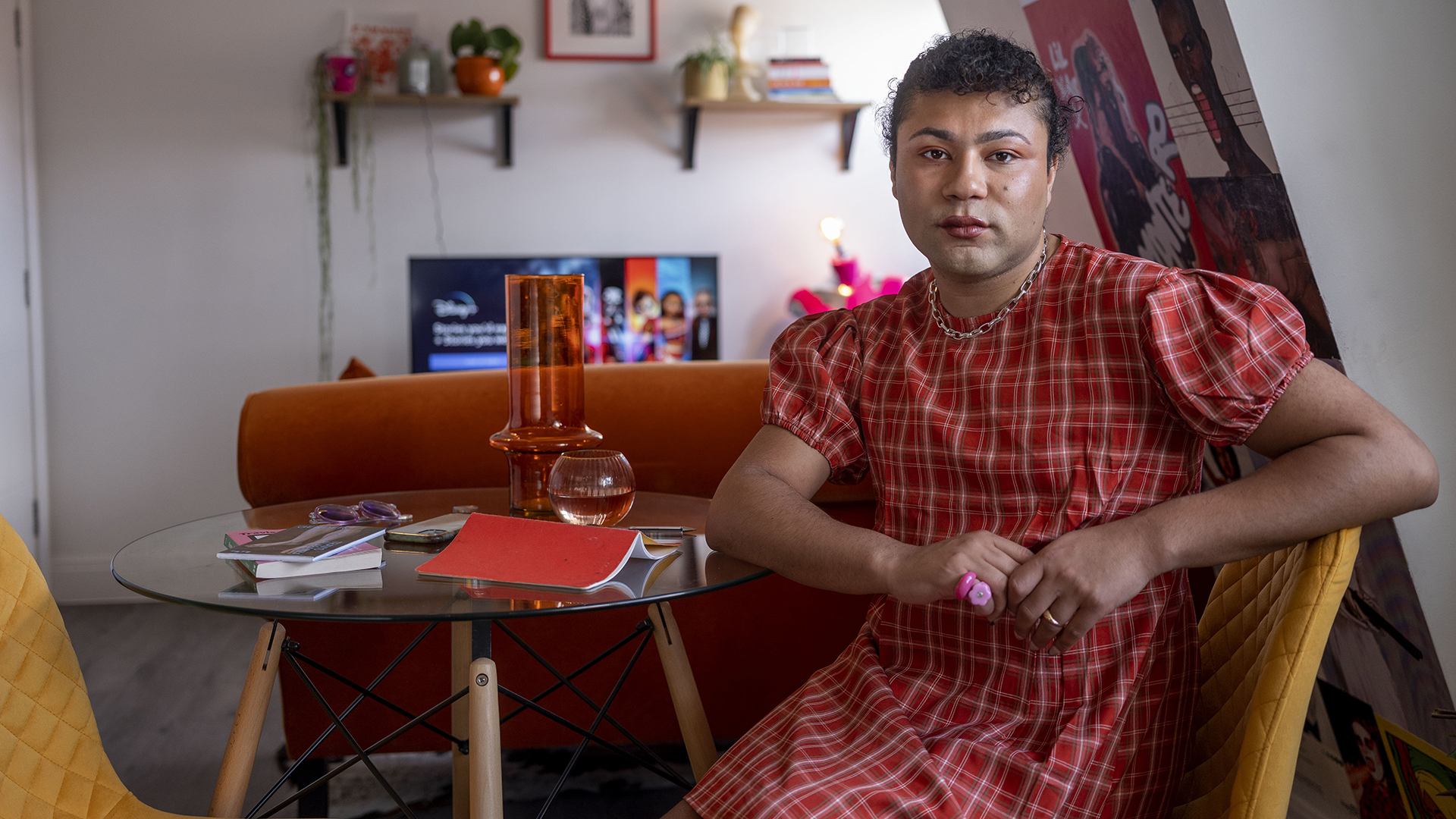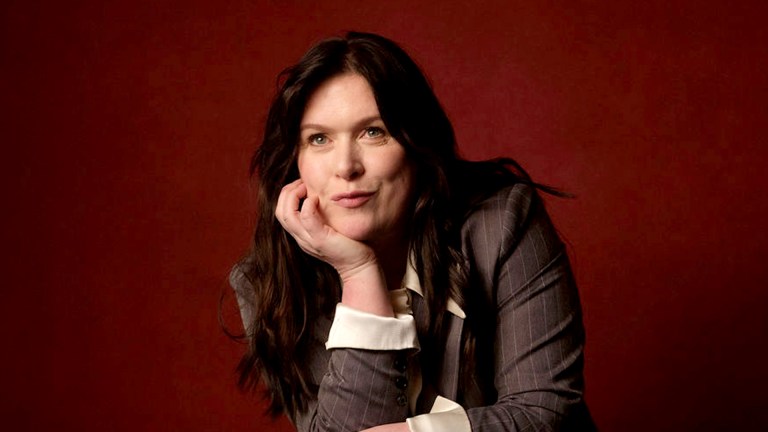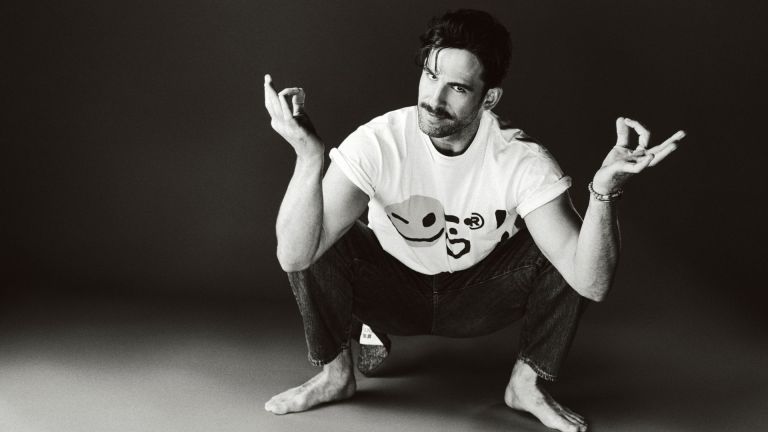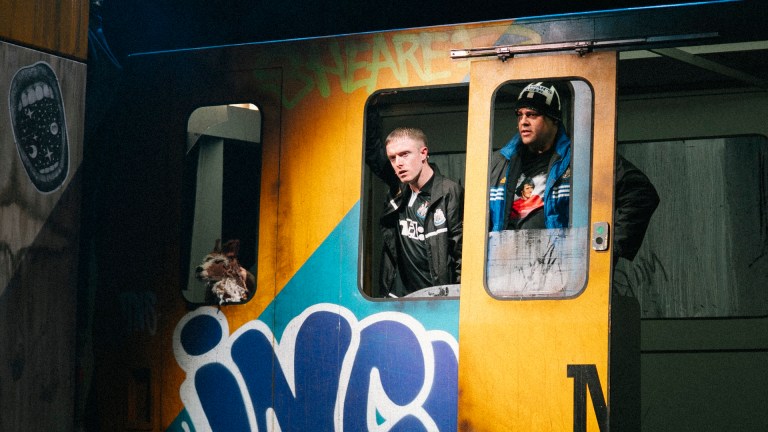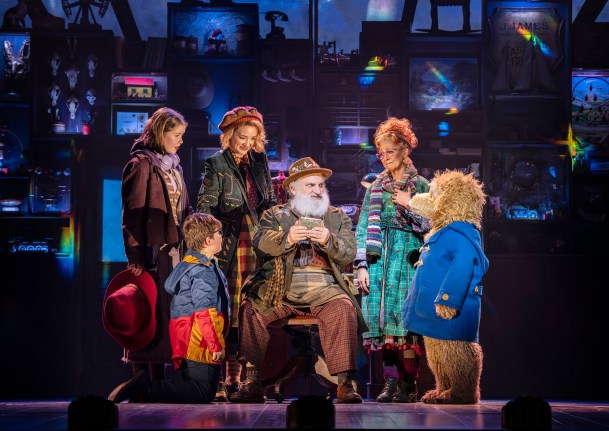It’s 10 in the morning and Travis Alabanza is already a little distracted when I call. The virtual queue they’re currently waiting in, alongside 400,000 other Beyoncé fans similarly perspiring for Renaissance tickets, doesn’t seem to be moving. Or is it? It’s hard to tell. “She doesn’t give us any warning, does she?” the writer, performer and theatre maker jokes as they leave the room they’re currently in for somewhere less frantic. Should I try them a little later? Oh no, comes the reply – their boyfriend is in pole position next door. “I said to him, ‘Look, identity politics has gone so far that the only way you can be a good ally is by getting me these tickets.’”
This off-the-cuff phone exchange may seem like an incidental aside, but it goes some way to illustrate Alabanza’s inimitable appeal – both onstage and off it. Alongside the humour and the quick wit, there is always a further point to make, a deeper layer to excavate. Whether it’s sending tip buckets around the main auditorium of the Royal Court Theatre to draw attention to low wages in the arts, or wearing a fascinator headpiece made up of plastic cheeseburgers to emblematise a play exploring transphobia, Alabanza’s art isn’t here to toe the line. It’s here to make us laugh, to make us think. And once it’s done that, it’s here to galvanise.
“For me, culture has always been the way to communicate to people,” Alabanza says as we discuss how their writing (their memoir about life beyond the binary, None of the Above, was published last year) and theatre making (Overflow, for instance, a play produced in 2020 that tackled trans safety within the setting of a public toilet) has enabled them to explore gender, race and class in uniquely cerebral ways.
“If I can make an audience laugh, if I can make them cheer and whoop, then I can make them think,” the Bristol-raised author says. “Growing up, the only time I got to see ideas was if it permeated into mainstream culture. I didn’t follow the news, we didn’t have newspapers around the house.” Home, for Alabanza, was a red-brick council house in a neglected suburb of Bristol – a world away from the privilege and entitlement of West London’s Sloane Square, where Alabanza’s latest play has just embarked on a month-long run at the aforementioned Royal Court Theatre.
Alabanza doesn’t have much time for those who claim they’ve “ascended” from one art form to another. “I’ve always found that uncomfortable,” they say – and it’s a big reason they created Sound of the Underground, billed as “part-play, part-raucous cabaret, part-workers’ manifesto, join eight underground drag icons as they spill the tea, free the nipple and fight the shadowy forces that threaten their livelihoods.”
In the five years that Alabanza has been “away” from the queer club scene (they sold out their first show at the iconic LGBT+ bar and drag venue the Royal Vauxhall Tavern in 2013 – in their late teens), the dialogue surrounding drag has changed significantly. Which is where their tongue-in-cheek plot to kill RuPaul steps in, asking serious questions about the price that’s paid by a community when an art form is commodified for a mainstream audience. Before reality television such as RuPaul’s Drag Race, the stars of the show used to be longstanding local performers.
